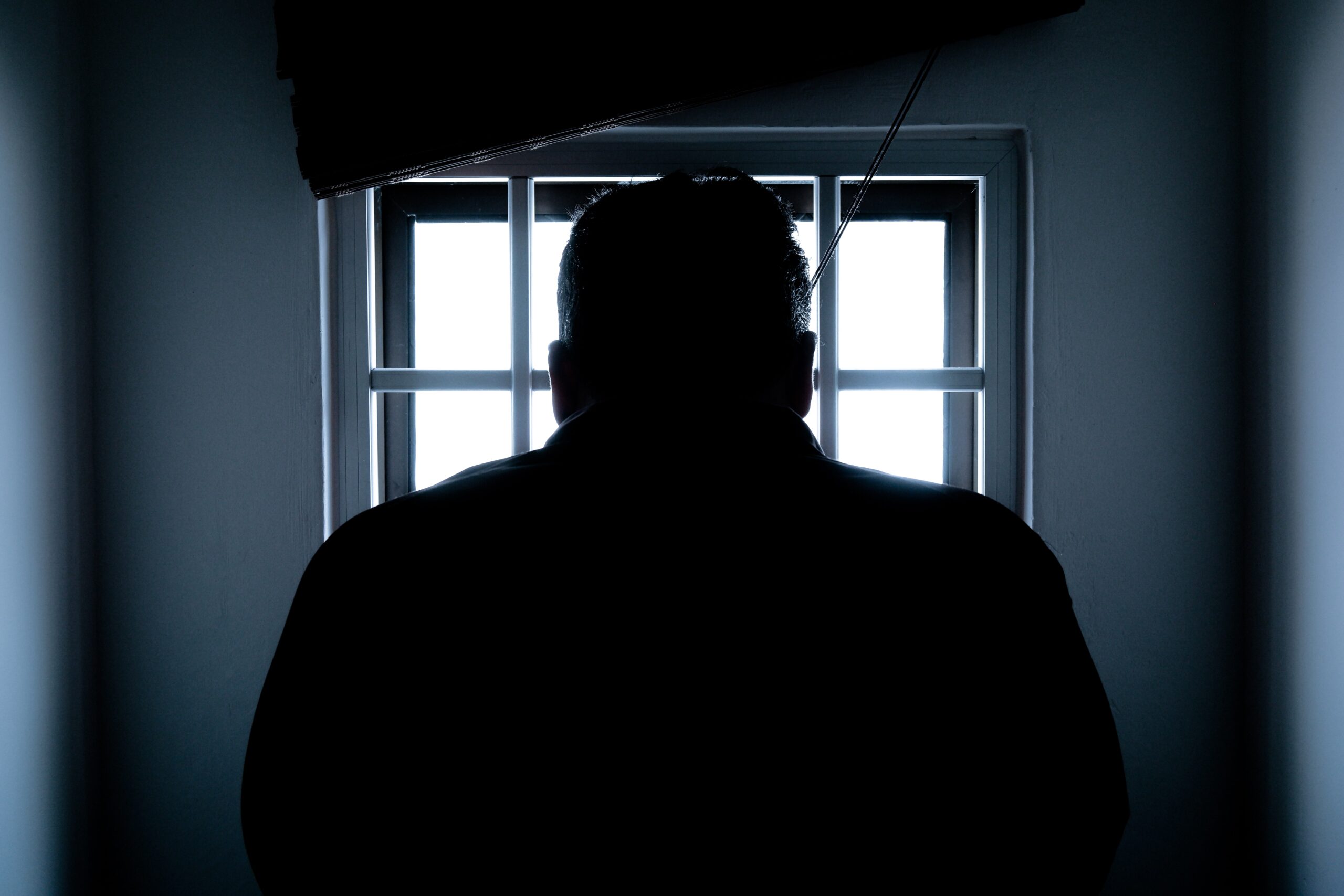Does My Criminal Record Impact My Personal Injury Case?
Posted in Accident & Injury on May 3, 2023

Have you ever been convicted of a crime?
If so, you might be worried how your criminal record could affect your personal injury case. It’s a valid concern – your past actions could negatively affect your credibility in court. However, the impact of a criminal record on a personal injury case is not always clear-cut. We’ll explore the factors that can determine whether or not your criminal record will affect your personal injury case.
The first rule of thumb with any lawyer is to be honest about your history, including your criminal record.
- Even if these incidents occurred in childhood, your lawyer must know how to prepare. In most cases, your criminal record does not impact your personal injury case as long as the correct steps are taken at the beginning of your representation. Specific crimes will impact your case; however, your personal injury lawyer should be able to reduce the effect.
Your second step is to prepare for the ultimate question about your criminal background.
- Defense counsel will ask you questions after the suit is filed and/or in the deposition setting. A deposition is the process of giving sworn testimony. The defendant takes the lead in a deposition and will ask questions about your case’s facets, including your prior criminal history. From the perspective of the personal injury lawyer, it is an absolute must for the client to own their criminal history.
- When asked whether you have a criminal background, you must state “yes” and answer any follow-up questions. The proverbial thought is that if a deponent (plaintiff) is willing to hide something like a criminal history, they can lie about anything. The plaintiff’s credibility is crucial in any case and must be protected.
Lastly, if the crimes involve dishonesty, such as passing bad checks, lying under oath, fraud, or theft, your credibility may become an issue.
- A good plaintiff’s lawyer should be able to argue mitigating facts -facts which should be considered as justification as to excuse or justify the facts have no impact on the person’s credibility. Such factors include- how old you were or how long ago did the crime occur, the underlying facts of the crime, and the penalty; your plaintiff’s lawyer must file a motion with the court to exclude the evidence as it will distract the jury in judging the evidence in your case. It is best to ask these questions or ensure these arguments are being presented.
- In conclusion, having a criminal record may or may not affect your personal injury case, depending on various factors. Therefore, it is crucial to work closely with your lawyer and follow their guidance to ensure the best possible outcome for your case.
Contact Elk + Elk for a free case review.
Our personal injury attorneys are dedicated to providing victims with superior legal care. Call 1-800-ELK-OHIO or visit us online.